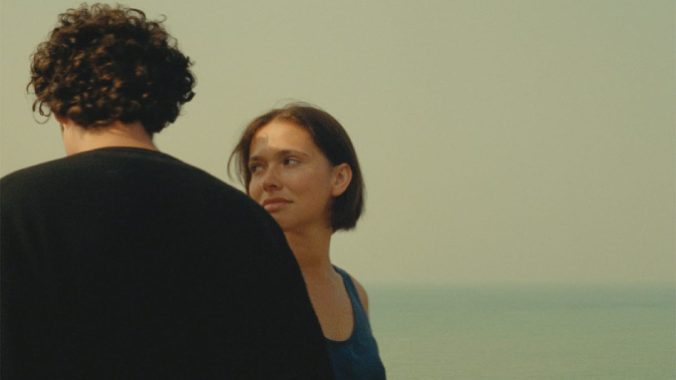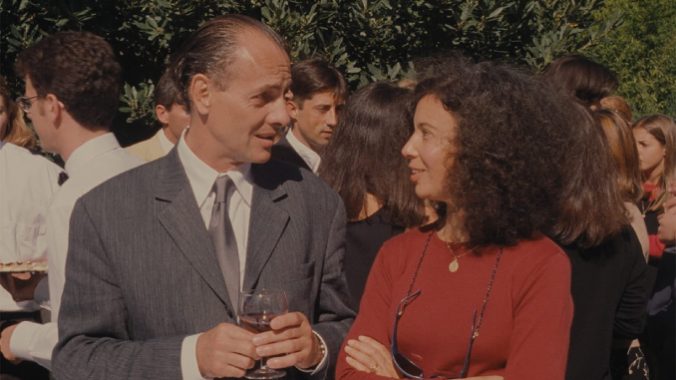Best of Criterion’s New Releases: February 2024
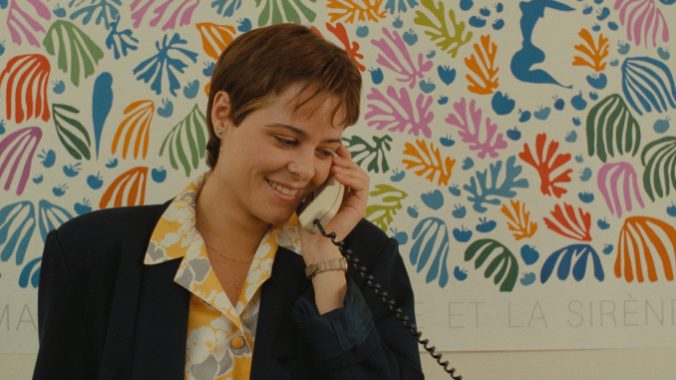
Each month, Paste brings you a look at the best new selections from the Criterion Collection. Much beloved by casual fans and cinephiles alike, Criterion has presented special editions of important classic and contemporary films for over three decades. You can explore the complete collection here.
In the meantime, because chances are you may be looking for something, anything, to discover, find all of our Criterion picks here, and if you’d rather dig into things on the streaming side (because who’s got the money to invest in all these beautiful physical editions?) we’ve got our list of the best films on the Criterion Channel. But you’re here for what’s new, and we’ve got you covered.
Here are all the new releases from Criterion, February 2024:
McCabe & Mrs. Miller
Year: 1971
Director: Robert Altman
Stars: Warren Beatty, Julie Christie, Rene Auberjonois
Runtime: 120 minutes
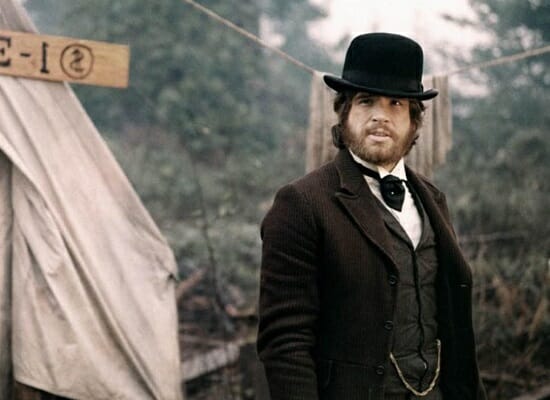
Robert Altman turns his creative powers to the Western genre, and the results are remarkable. Not only is the movie one of the finest post-classical Westerns, it’s also one of the best American movies of the 1970s and arguably Altman’s greatest work. Warren Beatty plays a saloonkeeper in love with a newly arrived British prostitute (Julie Christie). The two open up a brothel for the locals, and as profits soar, outside investors arrive to buy out Beatty’s business. He declines their offer and subsequently has to contend with assassins sent to finalize the deal and take Beatty’s business and the town by force. Altman’s usual cast of character actors all hit the right notes, and Vilmos Zsigmond’s sepia-tinged cinematography brilliantly evokes pictures of the time, dusty and hazy as if the images have been preserved within an opium dream. Leonard Cohen’s songs heighten the melancholic proceedings, tantalizing us with their lyrical insights into the inner lives of these lost souls. —D.H.
A Tale of Springtime
Year: 1990
Director: Eric Rohmer
Stars: Anne Teyssèdre, Florence Darel, Hugues Quester, Eloïse Bennett
Runtime: 107 minutes

Eric Rohmer’s Tales of the Four Seasons series begins with the tensions of novelty. Spring — captured in pastel colors, blooming flowers and light jackets — unfolds alongside the uncomfortable positions one finds themselves in when ennui shifts into movement and, eventually, connection. Like once-dormant seeds struggling to penetrate their shells, the stifled characters in A Tale of Springtime poke and prod at one another in hopes of breaking through. The only reason Jeanne (Anne Teyssèdre), adrift in her own life, strikes up a friendship with the younger Natacha (Florence Darel) is because they wind up feeling isolated on the same party’s couch at the same time. The only reason Natacha, similarly alone, decides to set Jeanne up with her wishy-washy dad (Hugues Quester) is because she doesn’t care for his current girlfriend (Eloïse Bennett). As these selfish machinations unfold — as the group flits between lonely city apartments, filled with nothing but memories, and the verdant excitement of the countryside — their entanglement becomes all the more bittersweet. Teyssèdre plays the quintessential Rohmer protagonist with ease, her fluctuating desires and philosophical musings dancing easily out of her expressions. Her emotional whims and romantic feints are measured and realistic, growing not only from the amusement in her face, but the discomfort in her body. And, naturally, it’s all completely French. Lovely Parisian flats crammed with the art, music, clothing of life. Piano music, played from Natacha’s old recordings. Natacha is dating an older guy, because her dad is dating someone her age; her dad and Jeanne have a romantic encounter more focused on Natacha than each other. Their foibles and inelegant solutions aren’t big or desperate enough to fall apart, but they sting and sour familiarly — with just enough warmth left over to see them off to summer. —Jacob Oller
A Tale of Winter
Year: 1992
Director: Eric Rohmer
Stars: Frédéric van den Driessche, Charlotte Véry, Hervé Furic, Michel Voletti
Runtime: 114 minutes
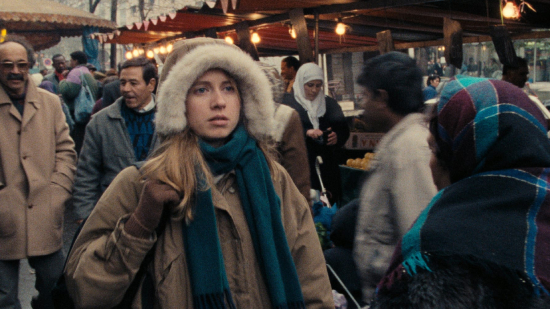
Both the saddest and most fantastically romantic of Eric Rohmer’s Tales of the Four Seasons comes in the heart of winter. A Tale of Winter buries Félicie (Charlotte Véry) in compromises. After spending five years raising the child of her once-in-a-lifetime love — the chef/sailor Charles (Frédéric van den Driessche) whom she accidentally gave the wrong address after their unforgettable romp — Félicie holds onto hope that he’ll return. Naturally the two men she’s dating, egghead librarian Loïc (Hervé Furic) and burly hairdresser Maxence (Michel Voletti), would rather she faced facts. While still deeply invested in the hallmarks of Rohmer (quietly walking, driving, debating, deciding between lovers), A Tale of Winter is uniquely literary among his seasonal tales. A mid-movie performance of A Winter’s Tale shakes Félicie to her core as she sees the Shakespearean connections to her predicament. Compared to the endless blathering of Loïc, the heightened drama of Queen Hermione speaks to the naivety still sequestered in Félicie’s heart: Why settle for anything less than magic? Véry’s earnestness keeps Félicie from being too annoying a character, her smile never betraying cruelty even when she’s irrationally jerking her lackluster lovers around. Practicality collapses in the face of faith, and the church looks most inviting during the dark, frozen days of winter. But Rohmer’s heroine doesn’t pray to God, despite clearly being moved after taking her daughter inside a cathedral. She prays to her own belief in a grand sense of love, persistent and bigger than books, businesses and the washed-out doldrums of “real life.” In her heart, the embers of her summer romance still keep her warm.—Jacob Oller
-

-

-

-

-

-

-

-

-

-

-

-

-

-

-

-

-

-

-

-

-

-

-

-

-

-

-

-

-

-

-

-

-

-

-

-

-

-

-

-

